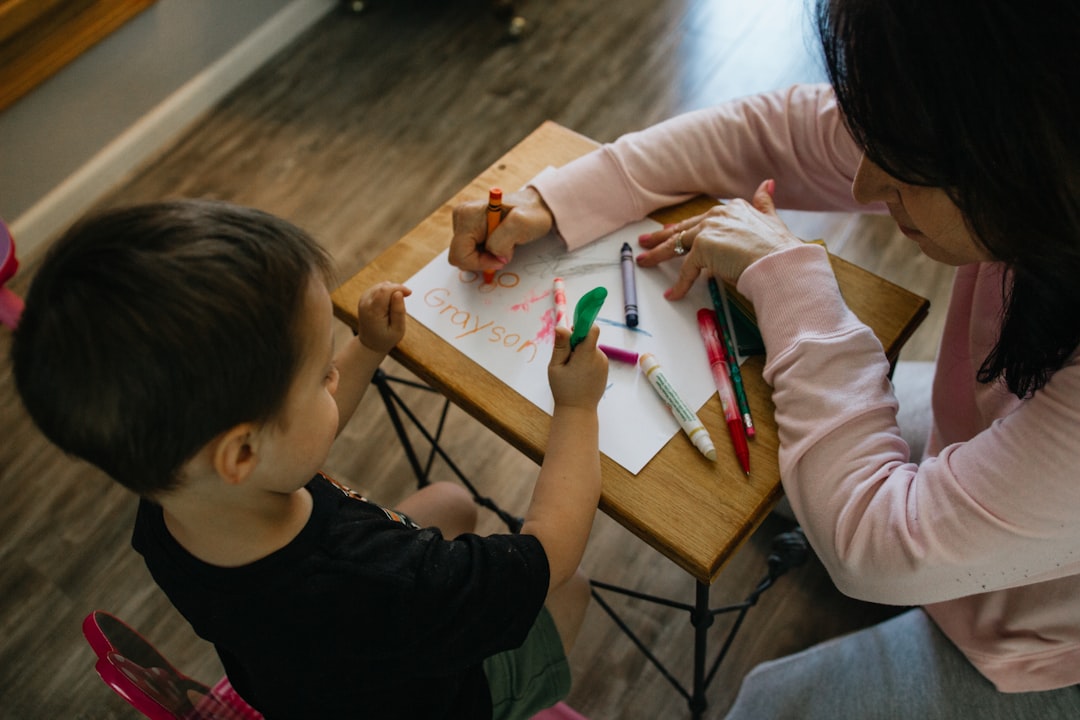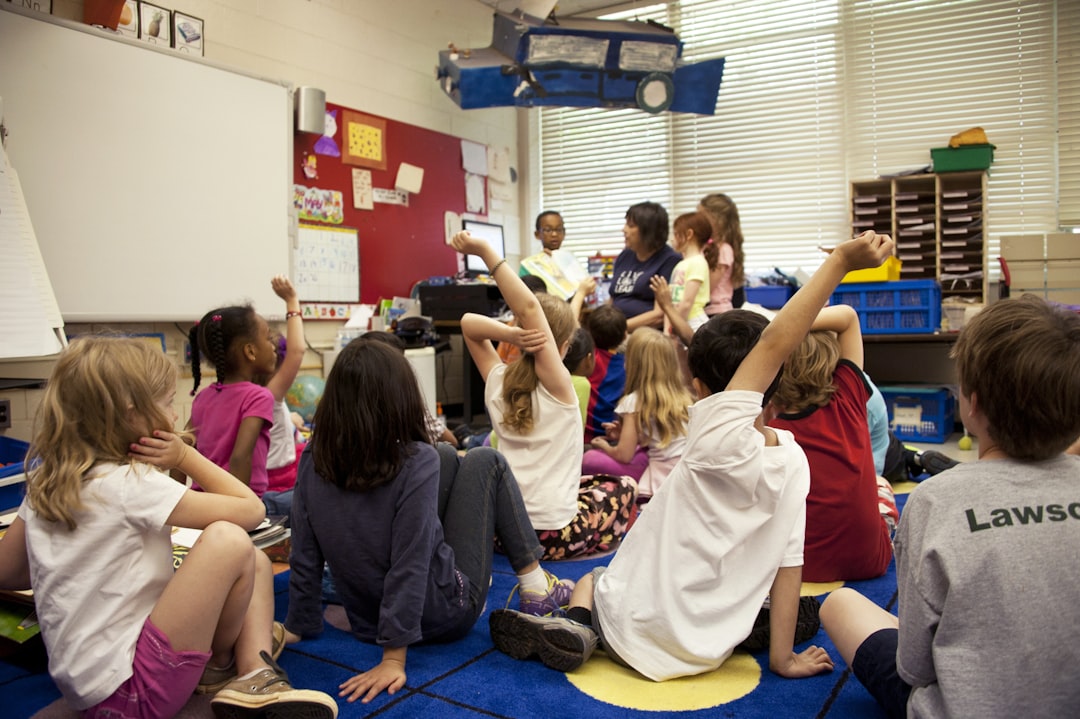Abuse in Rhode Island's daycare settings, particularly physical, emotional, and sexual assault against children, is a growing concern with severe consequences. Despite regulations and background checks, incidents often go unreported due to the chaotic nature of daycares. Daycare sexual assault lawyers in Rhode Island are seeing an increase in clients seeking justice for these crimes, highlighting the need for better awareness and oversight. Survivors face emotional, cognitive, and physical repercussions, including PTSD and impaired development, making specialized legal support from daycare sexual assault lawyers crucial for healing and justice. Prevention requires collaborative efforts, robust screening, training, and community initiatives to create safer environments.
Trauma resulting from abusive daycare environments can have profound, lasting effects on children. This article delves into the prevalence of such abuse, exploring both immediate and long-term consequences for child well-being. We highlight legal rights and support available to survivors and emphasize the importance of preventative measures and healing strategies. If your child has experienced daycare sexual assault in Rhode Island, understanding these issues is crucial for seeking justice and ensuring their future safety.
The Prevalence of Abuse in Daycare Settings
The issue of abuse within daycare settings is a growing concern for child protection advocates and parents alike. Despite strict regulations and background checks, cases of physical, emotional, and sexual assault in daycares have been on the rise, particularly in Rhode Island. Many victims are young children who, due to their vulnerability, are at high risk of suffering long-lasting psychological trauma. Daycare sexual assault lawyers in Rhode Island have seen an increase in clients seeking justice for these heinous crimes.
Rhode Island, like many states, has laws in place to protect children from abuse and neglect in daycare centers. However, the implementation and enforcement of these laws remain challenging. The nature of daycare environments, often bustling with multiple caregivers and children, can make it difficult to pinpoint specific instances of abuse. Moreover, some cases may go unreported due to fear or shame, emphasizing the need for heightened awareness and stringent oversight.
Short-term and Long-term Effects on Children's Well-being
Children who have experienced trauma in abusive daycare environments often face a range of short-term and long-term effects on their well-being. Short-term consequences may include severe emotional distress, anxiety, depression, and even physical symptoms such as headaches or stomachaches. These young victims might struggle with trust and attachment issues, becoming withdrawn or displaying aggressive behaviors as they cope with the overwhelming emotions stemming from the abuse.
In the long term, the impact can be profound and far-reaching. Children may develop post-traumatic stress disorder (PTSD), experiencing flashbacks, nightmares, and intrusive thoughts related to the abusive experiences. This trauma can significantly impair their cognitive development, academic performance, and social interactions. Additionally, survivors of such abuse are at an increased risk of developing behavioral problems, substance abuse issues, and even entering into abusive relationships later in life, as the cycle of trauma can be challenging to break without proper support and intervention. The services provided by daycare sexual assault lawyers in Rhode Island play a crucial role in helping these children heal and seek justice for their suffering.
Legal Rights and Support for Survivors
Many survivors of abusive daycare environments, especially those who experienced sexual assault or other traumatic events, face significant challenges in seeking justice and support. In Rhode Island, individuals who have suffered such abuses have legal rights and access to specialized services designed to help them heal and rebuild their lives. Daycare sexual assault lawyers play a crucial role in advocating for these survivors by ensuring they receive the compensation and care they deserve.
The state has laws in place to protect children and punish abusers, offering a framework for survivors to seek justice. These legal rights include access to therapy, counseling, and support groups tailored to address the unique needs of trauma victims. Organizations dedicated to assisting survivors of childhood abuse provide essential services, such as safe housing, education on legal options, and assistance in navigating the legal system. Daycare sexual assault lawyers Rhode Island can guide survivors through these processes, ensuring they are not only compensated for their suffering but also receive the necessary support to heal and move forward.
Preventative Measures and Healing Strategies
Preventative measures are crucial in safeguarding children from abusive daycare environments and the long-lasting impact of trauma. Educators, caregivers, and policymakers must work together to implement robust screening processes for staff, ensuring that those with a history of abuse or inappropriate behavior are not employed in childcare settings. Regular training sessions on child protection, recognizing signs of abuse, and responding appropriately can empower staff to create safer environments. Establishing open communication channels between caregivers, parents, and children allows for early detection and intervention.
Healing strategies for children who have experienced trauma in daycare settings require a multifaceted approach. Individual therapy, group counseling, and art or play therapy can help children process their emotions and develop coping mechanisms. Building supportive relationships with trusted adults outside of the abusive environment is vital for their recovery. For cases involving sexual assault, specialized legal support from daycare sexual assault lawyers Rhode Island can provide guidance and ensure justice. Community-based initiatives that raise awareness about child safety and promote resilience among at-risk children are also essential long-term solutions.




